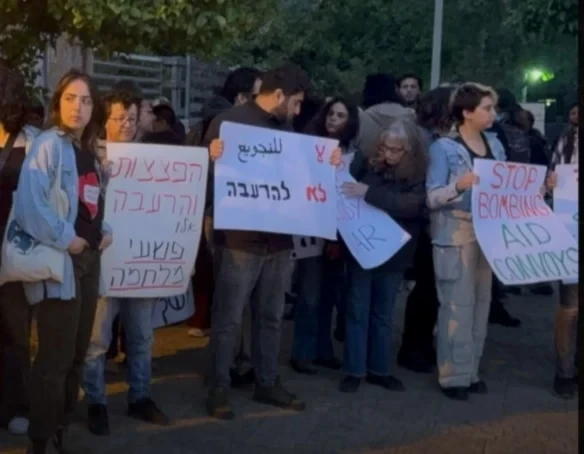'Collective punishment'
In tandem with its military actions, "Israel" also cut electricity to a vital desalination plant, halting access to clean water for thousands, and sealed border crossings, blocking the entry of aid trucks and medical supplies.
Human rights groups and UN agencies have warned that these measures amount to collective punishment—a violation of international humanitarian law.
The UN Office for the Coordination of Humanitarian Affairs (OCHA) reports that convoys attempting to deliver aid are not only denied permits but are also routinely turned back or fired upon, exacerbating already dire conditions.
Read more: PRCS says Israeli troops shot Gaza aid crew 'with intent to kill'
"Israel's" insistence on unilateral control over humanitarian access has drawn condemnation from legal experts, who argue that obstructing essential aid while targeting civilian infrastructure may constitute war crimes under the Geneva Conventions.
Despite these restrictions, Palestinian civilians—already suffering from displacement, hunger, and the collapse of critical infrastructure—remain cut off from meaningful international relief.

 3 Min Read
3 Min Read











